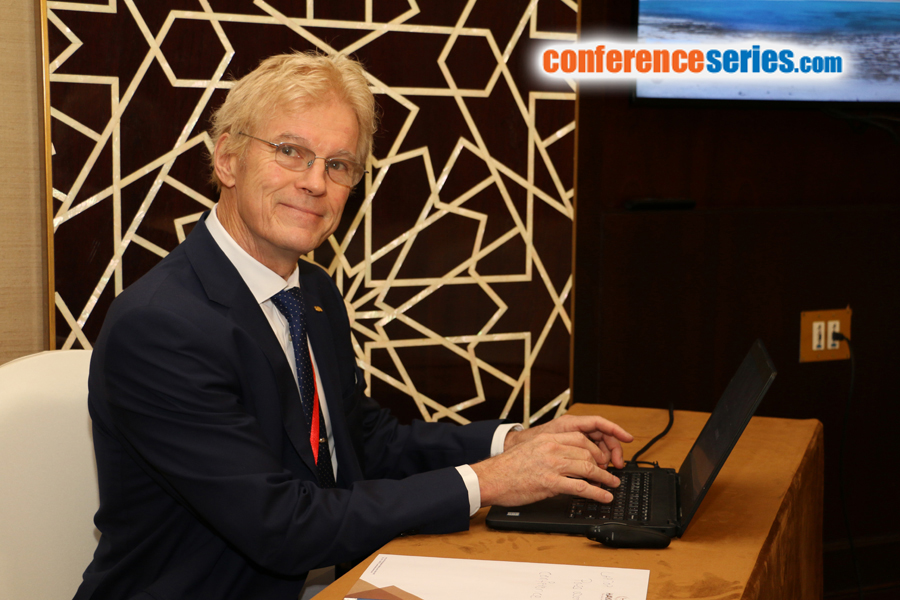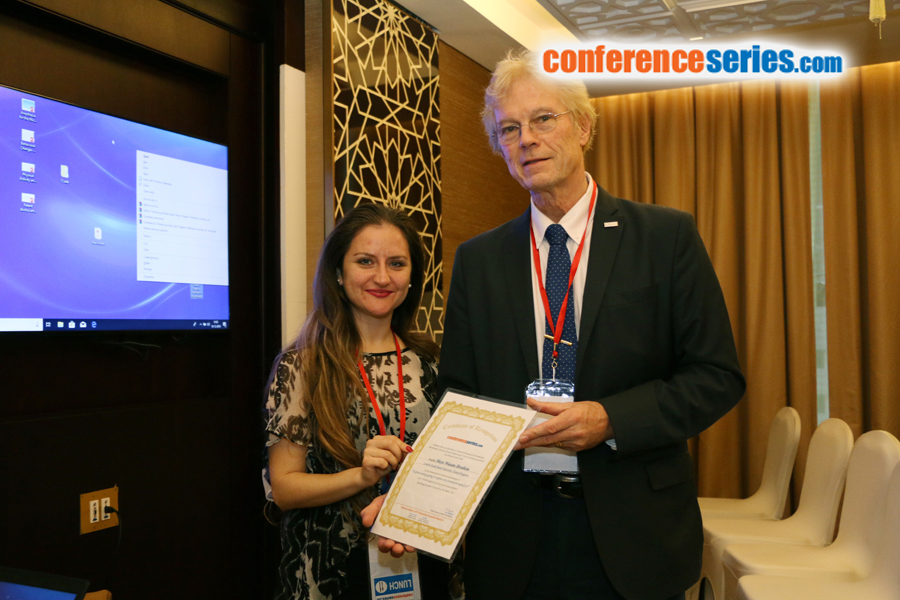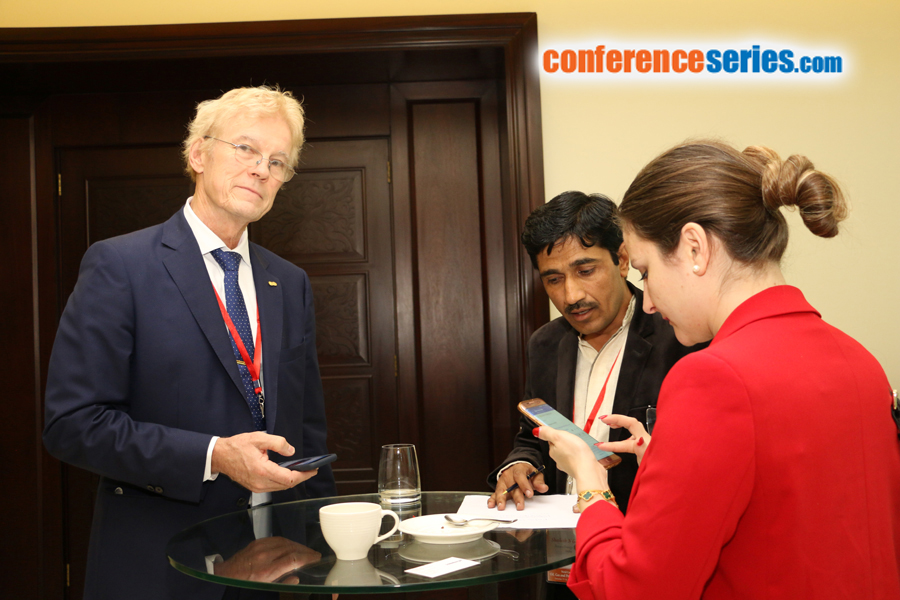
Erik Sellman
Schlumberger One surface, USA
Title: Overcoming refinery feedstock challenges using modern desalters
Biography
Biography: Erik Sellman
Abstract
Refinery feedstock includes blends of several crude oils, referenced as crude slates. The opportunity for use of wider diversity of lower cost crude slates, including fractions of opportunity and heavy crudes, is often hampered by efficiency limitations of the installed desalters. Many refineries are thus feedstock constrained by the design of their desalter trains and must purchase higher cost crude oil with lower impurity levels. The desalter train variations include: single stage or two stage desalting inter-stage and intra-stage wash water recycle. We present an improved refinery desalting technology based on late R&D and advancements in electrostatic desalter designs. This technology has been deployed in several refineries and demonstrated much improved crude slate desalting efficiency. The basis for this technology includes amplitude modulated electrostatic fields, improved fluid distribution and wash water mixing, enabling refiners to process a greater diversity of crude slates. We provide: An overview of the refinery desalting process and associated challenges with desalting crude slates containing higher fractions of opportunity and heavy crude oils an explanation of the improved desalter technology, including process benefits case studies demonstrating improved desalting and greater feedstock diversity for several refineries.




